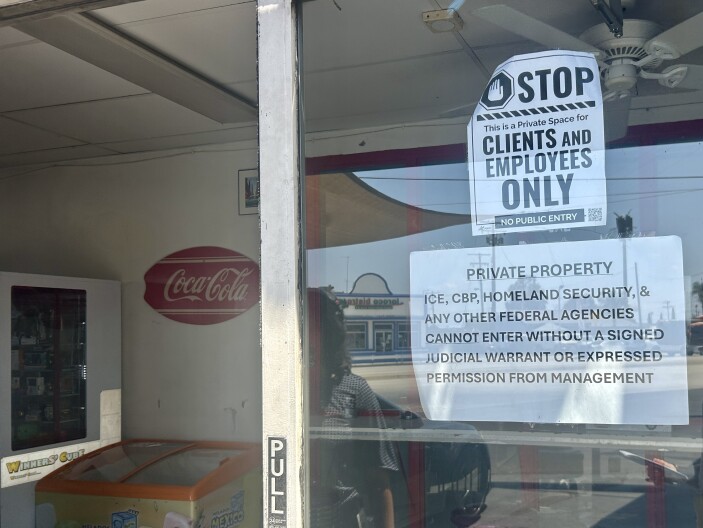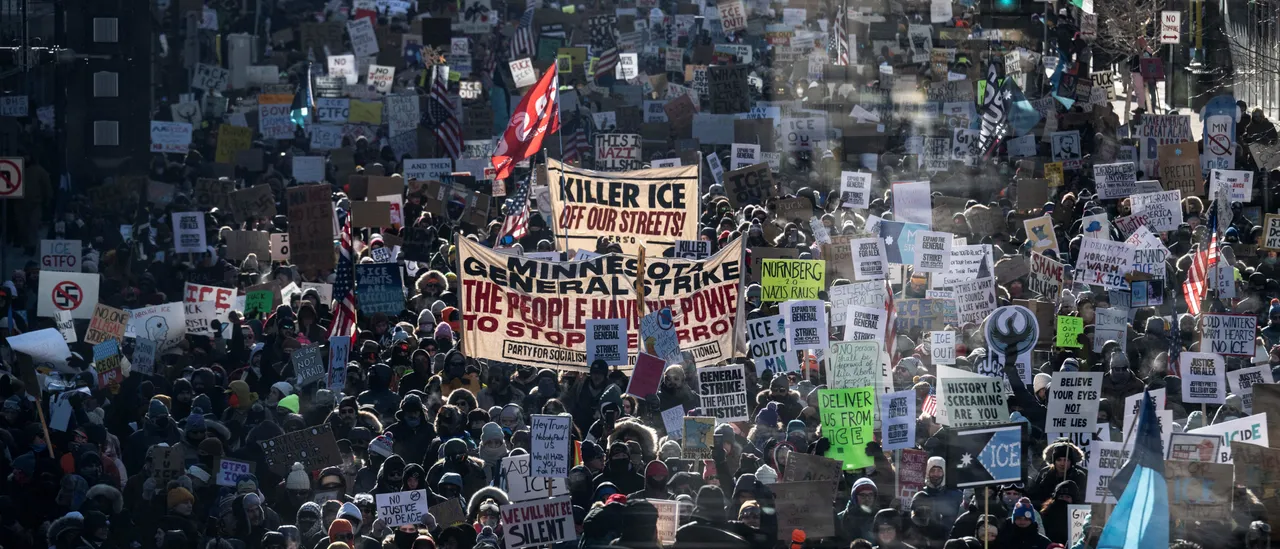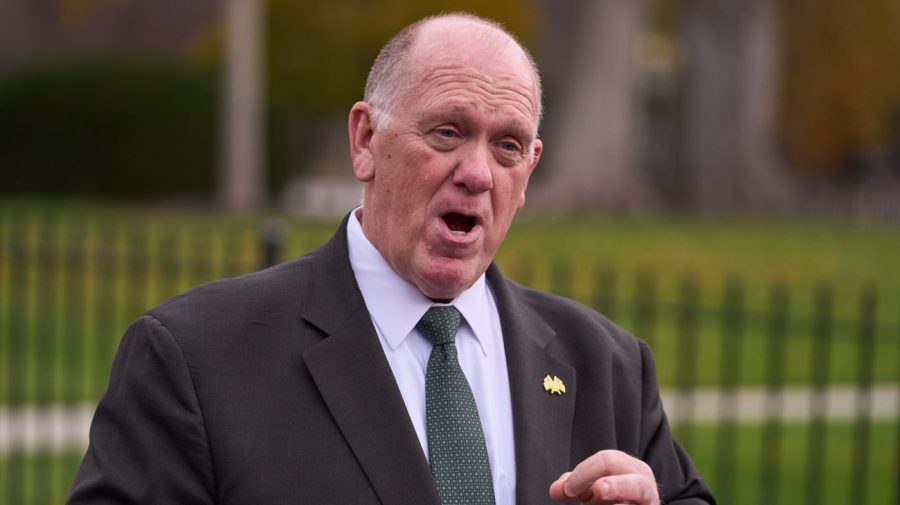
In a series of aggressive operations, U.S. Immigration and Customs Enforcement (ICE) agents have raided numerous car washes in Southern California, leaving workers fearful and uncertain about their futures. The raids, which began in early June 2023, have primarily targeted employees rather than the businesses themselves. Many workers, particularly in the heavily Latino community of Whittier, are now grappling with the consequences of these enforcement actions.
During one raid at Touch and Glow Car Wash, assistant manager Hector Contreras recounted how he found himself surrounded by multiple agents. Despite presenting his legal permanent resident status, he was detained for approximately ten minutes while three of his colleagues were taken away. Since then, several workers have not returned to their jobs. “Everybody here just come to work,” Contreras expressed, highlighting the chilling atmosphere created by the raids.
The escalation of ICE operations has contributed to a climate of fear, affecting not only undocumented immigrants but also native-born residents of Los Angeles. The car wash industry, a staple of the local economy, has become a focal point for immigration enforcement, with nearly 50% of publicized immigration actions occurring in these businesses, according to an analysis by LAist.
Impact of Raids on Workers and Businesses
The CLEAN Carwash Worker Center has documented over 100 detentions since June, with most being workers. The recent pause in raids follows a temporary court ruling that prohibits immigration actions based on race and ethnicity. A hearing is scheduled for September 24, 2023, to discuss the possibility of a more permanent ban on such practices.
Despite these challenges, the focus of the raids has predominantly remained on employees, with little accountability for employers. Since January, LAist identified only one instance where an employer faced penalties for hiring unauthorized workers. In that case, a general manager of a painting company in San Diego received a sentence of one year probation and community service for knowingly hiring undocumented workers.
Tricia McLaughlin, assistant secretary at the Department of Homeland Security, emphasized that there would be “no safe spaces” for industries that harbor undocumented individuals. Yet, local officials and advocates have noted the lack of enforcement against employers, stating that many businesses continue to hire undocumented workers without fear of repercussions.
Legal Landscape and Employer Accountability
The 1986 Immigration Reform and Control Act established penalties for employers who knowingly hire undocumented workers, including fines of up to $10,000 per employee. Despite this, enforcement has been minimal, with many businesses relying on immigrant labor to maintain low operational costs. “The business lobby is quite powerful, and they look at illegal immigrants as a source of cheap labor,” noted Ira Mehlman, media director at the Federation for American Immigration Reform.
Employers are required to verify an employee’s legal work status, yet many do not utilize the E-Verify system, which could help prevent unauthorized hires. Tia Koonse, a lawyer at the UCLA Labor Center, pointed out that many businesses are disincentivized to check their employees’ work authorization, as their profitability often hinges on immigrant labor.
During discussions with managers from various affected car washes, many asserted that they had taken appropriate steps to verify their employees’ eligibility. “I’m not law enforcement; I don’t need to be going any further than that,” said Omar Mawazini, owner of the Anaheim Car Wash. The managers expressed their frustrations over the lack of communication from immigration authorities, noting that no warrants were presented during the raids.
The rapid nature of these operations has also raised concerns. One manager reported that a raid at Bubble Bath Car Wash was completed in less than three minutes, with agents disregarding private property signs and requests for warrants. “They just conducted [the raid] in a very inhumane way,” said Emmanuel Karim, operations supervisor at Touch and Glow.
As a result of these raids, many car wash workers have chosen to refrain from going to work, impacting businesses significantly. The CLEAN organization reported that over half of its members have stopped working in the car wash industry due to fear of detention. Cities in L.A. and Orange County have established funds to assist undocumented residents unable to work during this period.
Community Response and Future Outlook
In response to the raids, car washes like Touch and Glow have implemented measures to safeguard their employees, including putting up signs to mark private areas and hosting training sessions on employee rights. Co-owner Rosio Sarabia highlighted the community’s support during this challenging time, stating, “We had a lot of families step in to help us just on the weekends.”
Despite the distress caused by the raids, Sarabia believes that the current approach to immigration enforcement is ineffective, emphasizing that California is a state of immigrants. “We can’t live without them,” she asserted, encapsulating the sentiment of many business owners and community members.
As immigration policies continue to evolve, the long-term effects of these raids on both workers and businesses remain uncertain. The need for comprehensive immigration reform is evident, as is the necessity for a balanced approach that holds employers accountable while protecting vulnerable workers seeking better opportunities.






